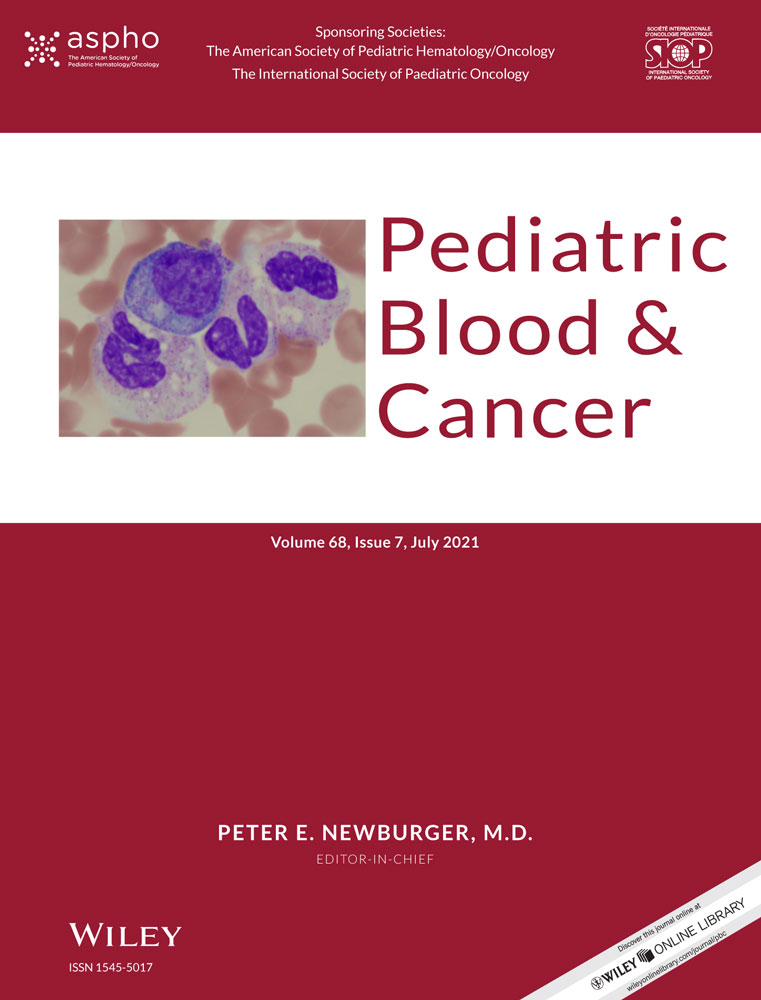Family communication about fertility preservation in adolescent males newly diagnosed with cancer
Abstract
Background
Approximately half of male childhood cancer survivors experience fertility impairment, which can cause psychological distress. Sperm banking remains underutilized among adolescent males with cancer. Parent recommendation influences banking decisions, yet multi-informant studies have not been conducted to examine fertility preservation (FP) communication and decision making in this population. This study explored FP communication among mothers, fathers, and their male adolescents newly diagnosed with cancer.
Procedure
Thirty-three male adolescents, 32 mothers, and 22 fathers completed semi-structured interviews 1–2 months after cancer diagnosis addressing this question: Tell me more about conversations you had about fertility preservation/sperm banking with your health care providers, parents/son, other family members, or anyone else. Interviews were audio-recorded and transcribed verbatim for thematic content analysis.
Results
Five process themes emerged: (1) reliance on health care team and social support networks to facilitate FP decisions (only parents); (2) withholding parental opinion and deferring the decision to the adolescent; (3) ease of communication (primarily adolescents); (4) communication barriers/facilitators; (5) not being present or not remembering details of FP conversations with health care providers (primarily fathers and adolescents). Four content themes included: (1) preference for biological (grand)parenthood; (2) consideration of adolescent's future partner's desire for biological parenthood (primarily parents); (3) banking while it is a viable option; (4) openness to alternative parenthood options (e.g., adoption/fostering, primary parents).
Conclusions
Understanding variation in what family members discuss and consider relevant when making FP decisions is an important step toward improving pediatric oncofertility care. Interventions are needed to facilitate family FP-related conversations and optimize decisional satisfaction over time.
CONFLICT OF INTEREST
The authors declare that there is no conflict of interest.
Open Research
DATA AVAILABILITY STATEMENT
The data that support the findings of this study are available from the corresponding author upon reasonable request.
Clinical and Translational Intramural Funding Program, The Abigail Wexner Research Institute, Nationwide Children.s Hospital, Grant Number: NCHAWD00011903; National Cancer Institute, National Institutes of Health, Grant Number: K08CA237338




